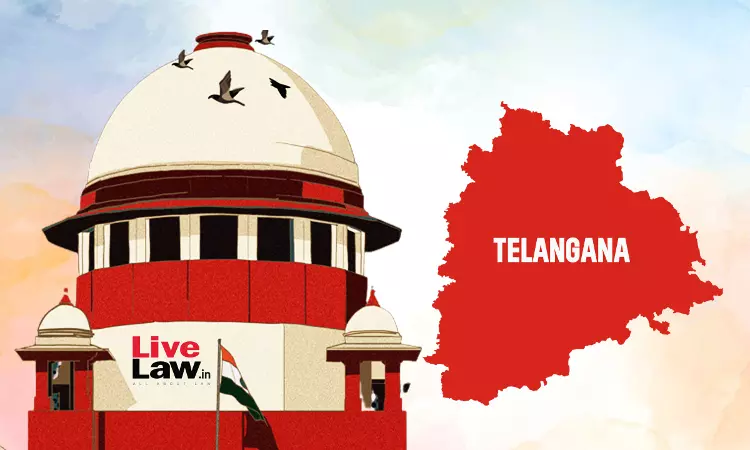BRS MLAs' Defection | 'Should Court Tie Its Hands If Speaker Doesn't Decide Disqualification Petitions For Years?' : Supreme Court
Debby Jain
2 April 2025 6:03 PM IST

"What took you 10 months to issue notice on disqualification petition?" Justice Gavai asked the Speaker's counsel.
Next Story


